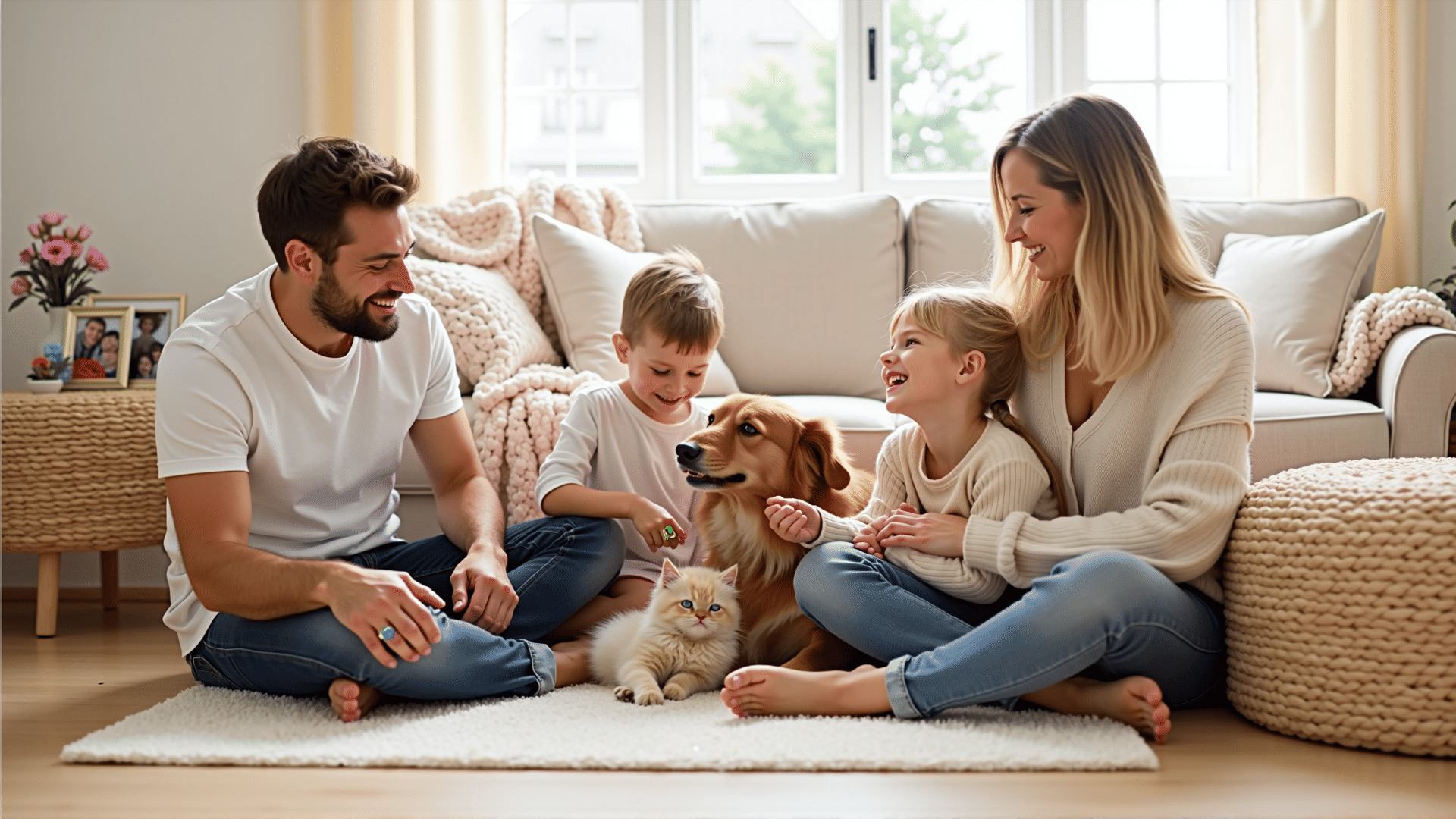Creating a nurturing bond with our animal companions is an enriching experience that requires attention, patience, and empathy. Understanding and fulfilling the needs of a beloved pet not only ensures their happiness but also leads to a rewarding relationship for both parties. Here’s how you can take steps towards responsible care and affectionate companionship.
Understanding the Needs of Your Pet
It's essential to recognize the unique needs of different species. Dogs, for instance, thrive on social interaction, exercise, and mental stimulation, while cats may prefer independence and quiet environments. Research and learn about your pet’s natural behaviors, dietary needs, and environment requirements. This knowledge forms the basis for seamless integration into your home and lifestyle.
Providing a Safe and Enriching Environment
Creating a safe and stimulating environment is fundamental. Ensure your living space is secure and free from hazards that may harm your pet. Provide toys, scratching posts, or other engaging items that encourage physical activity and mental engagement. Regularly changing these stimuli keeps your pet interested and active, preventing boredom and disruptive behavior.
Establishing a Routine
Animals thrive on routine as it instills a sense of stability and order. Establishing consistent feeding times, walks, and play sessions helps your pet know what to expect throughout the day. Routines also assist in managing health and behavior, making training more effective and strengthening your bond.
Communicating and Training
Effective communication is vital. Spend time observing your pet’s body language and vocalizations to understand their needs and emotions. Positive reinforcement training techniques, such as rewarding desired behaviors with treats or praise, foster trust and cooperation. Training not only enhances your pet’s well-being but also deepens your connection.
Prioritizing Health and Well-being
Regular veterinary check-ups, vaccinations, and grooming are key components of your pet's health regimen. Monitor their diet to ensure they receive balanced nutrition tailored to their specific requirements. Staying attentive to any changes in behavior or physical condition can alert you to potential health issues.
Ensuring Emotional Well-being
Mental and emotional health is as important as physical health. Provide opportunities for socialization with other animals and people to develop their confidence and social skills. Ensure they have a quiet retreat where they can relax and feel safe, reducing stress and anxiety.
Time and Commitment
As with any relationship, time and dedication are crucial. Quality time spent with your pet, whether through walks, play, or simply being together, reinforces your bond. Recognize that pets require time commitment and may live for many years, so ensure you are ready for the lifelong journey together.
Caring with Compassion
Ultimately, responsible companionship is about treating your pet with the love, respect, and kindness they deserve. Building a trusting relationship takes time and patience, but the joy and affection you receive in return are boundless. By adopting a compassionate approach to care, you nurture a friendship that enriches your life and brings a deep sense of fulfillment.
Through understanding, patience, and diligent care, you can create a harmonious and loving companionship with your pet, ensuring their happiness as a cherished member of your family.
